Il Customs-Trade Partnership Against Terrorism (C-TPAT) è un programma di sicurezza per la filiera produttiva e di approvvigionamento diretto dagli USA. La "Customs and Border Protection" si è concentrata sul miglioramento della sicurezza delle filiere produttive e di approvvigionamento delle aziende private per quanto concerne il terrorismo.
Audit e Conformità C-TPAT
Audit per la Conformità C-TPAT
Gli auditor qualificati di QIMA aiutano le organizzazioni a valutare e migliorare le misure di sicurezza lungo tutta la loro filiera di produzione e approvvigionamento, garantendo la conformità con i requisiti di sicurezza.
Effettuiamo audit della sicurezza della filiera di produzione e approvvigionamento sulla base dei criteri della Customs-Trade Partnership against Terrorism (requisiti C-TPAT a livello mondiale e regionale) verificando:
- Barriere Esterne e Sicurezza Fisica
- Sicurezza Interna della Fabbrica
- Sicurezza dei Dipendenti della Fabbrica
- Sicurezza della Banchina di Carico
- Controllo di Chiavi e Sigilli
- Procedure di Sicurezza
- Container e Movimentazione delle Merci
- Sicurezza e Controlli del Sistema Informatico
Messa in sicurezza della Filiera di Produzione e Approvvigionamento a Livello Globale
La Customs-Trade Partnership Against Terrorism (C-TPAT) è un'iniziativa volontaria governo-aziende per costruire relazioni di cooperazione che rafforzino e migliorino la filiera di produzione e approvvigionamento complessiva internazionale e la sicurezza del confine USA.
La C-TPAT riconosce che la Customs and Border Protection (CBP) USA può fornire il massimo livello di sicurezza delle merci soltanto tramite una stretta cooperazione tra i titolari della filiera di produzione e approvvigionamento internazionale quali importatori, trasportatori, consolidatori, broker doganali autorizzati e produttori.
Tramite questa iniziativa, CBP chiede alle aziende di garantire l'integrità delle loro pratiche inerenti la sicurezza e di comunicare e verificare le linee guide in fatto di sicurezza dei loro partner commerciali all'interno della filiera di produzione e approvvigionamento. Un audit C-TPAT condotto da una terza parte garantirà la sicurezza della tua filiera di produzione e approvvigionamento, verificherà la tua conformità e migliorerà la sicurezza del confine USA.
Opinioni sulla Filiera di Produzione e Approvvigionamento



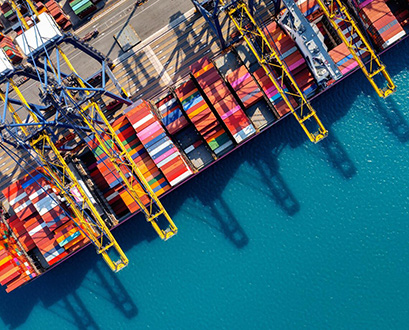


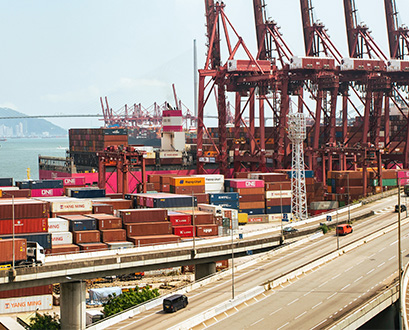

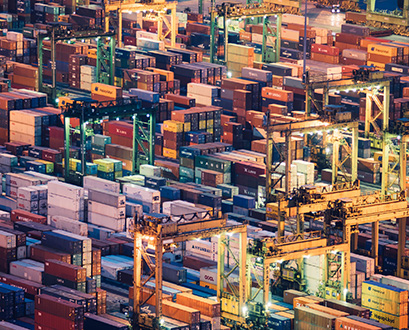
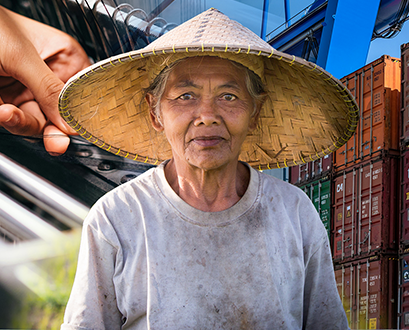

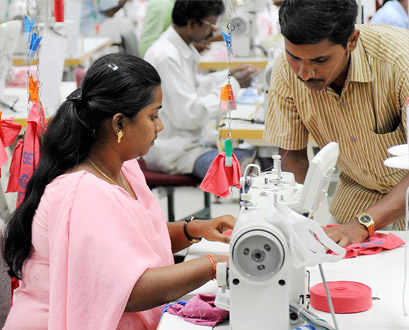
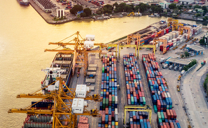
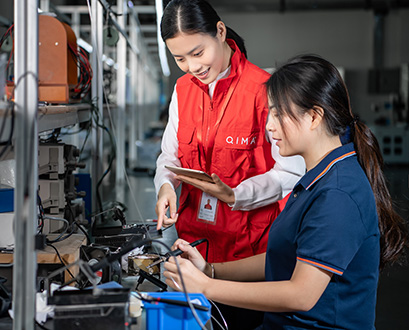
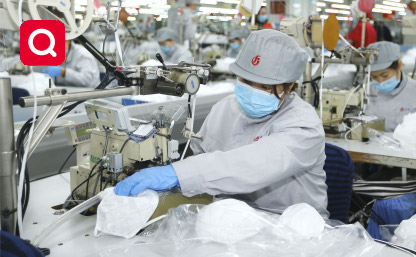
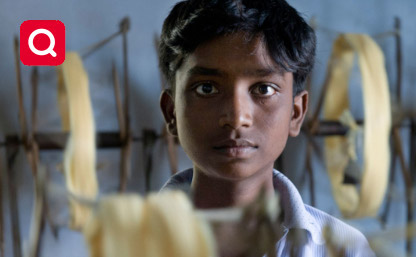
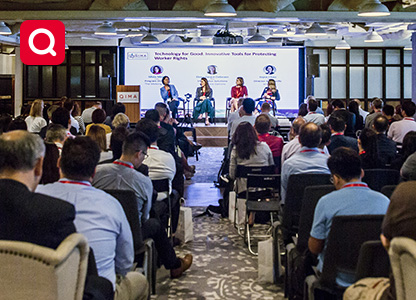
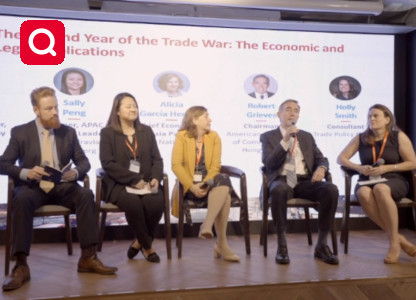

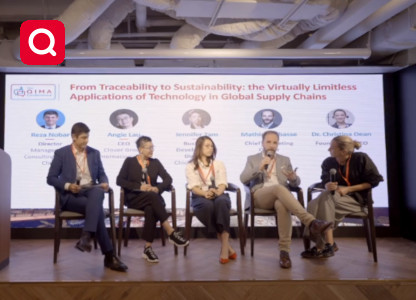

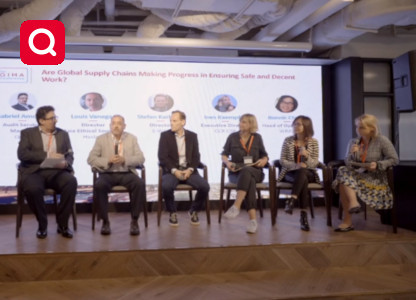

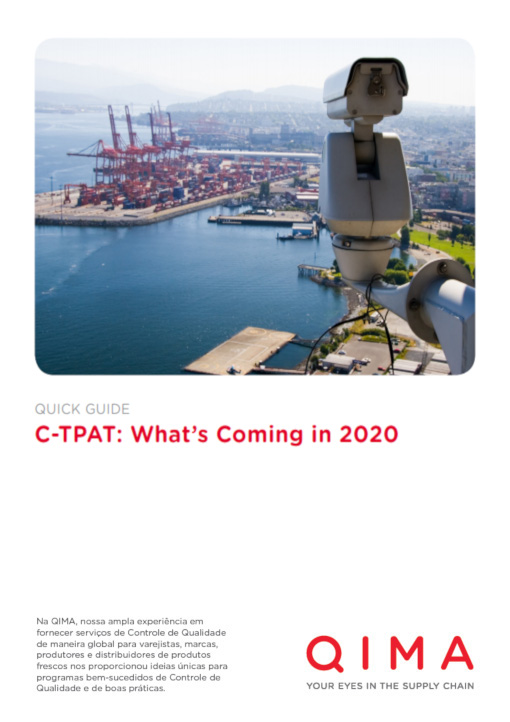
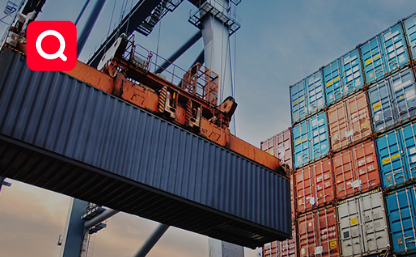
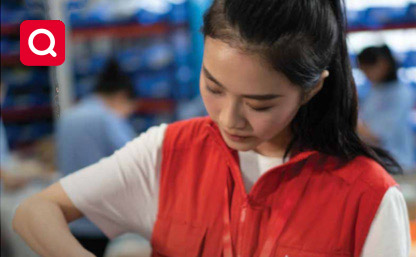
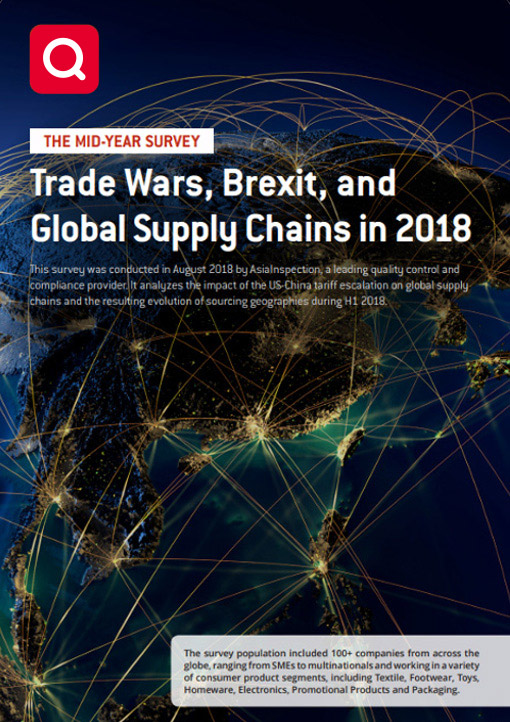
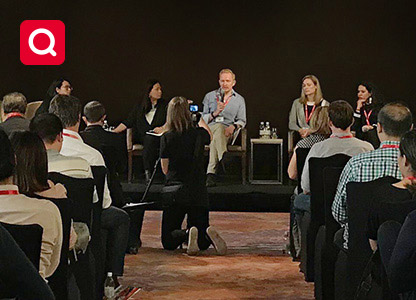
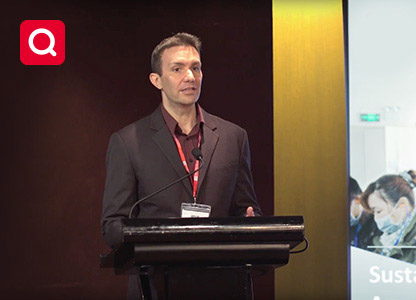


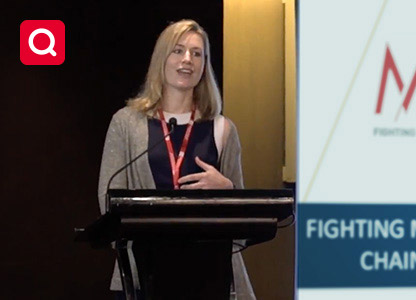

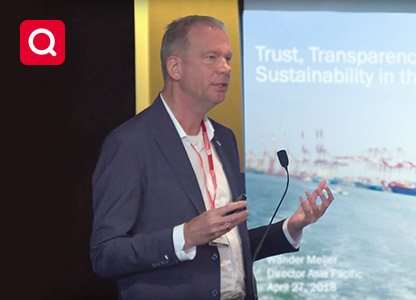

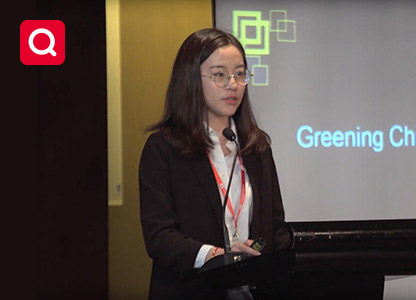
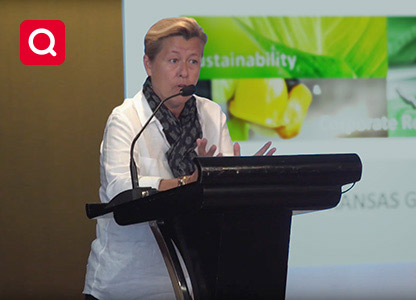

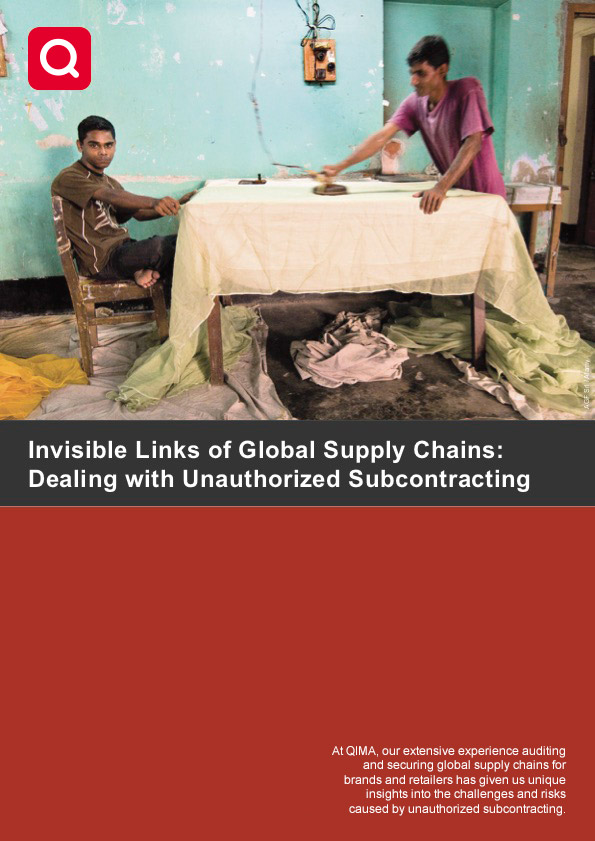
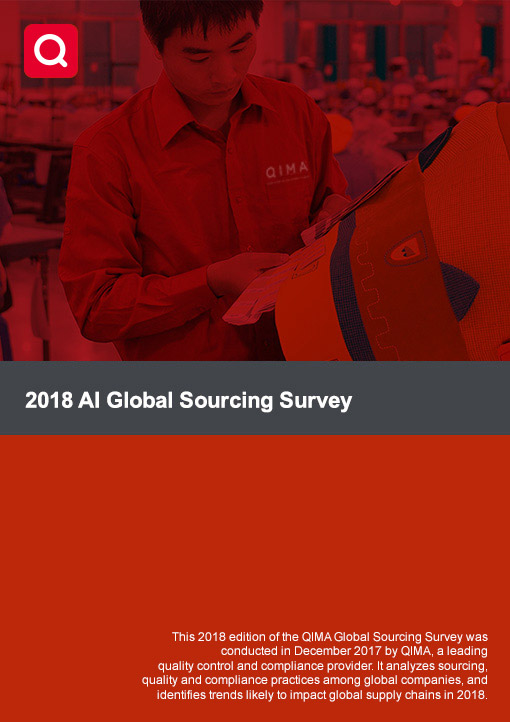
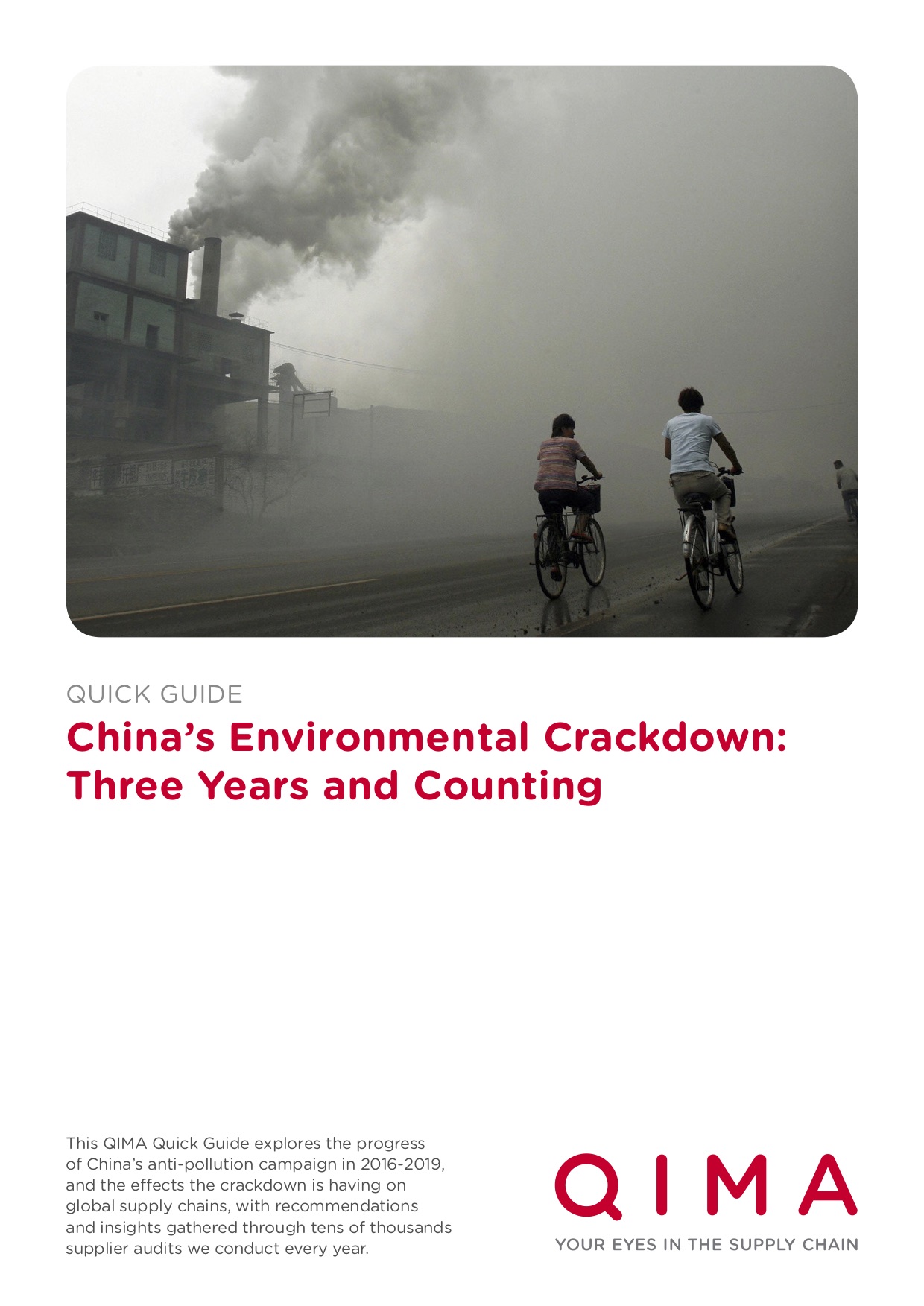
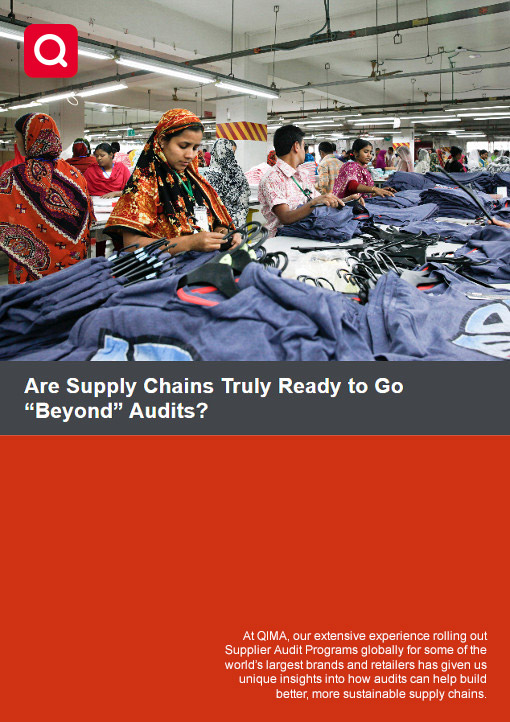
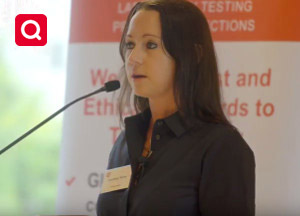
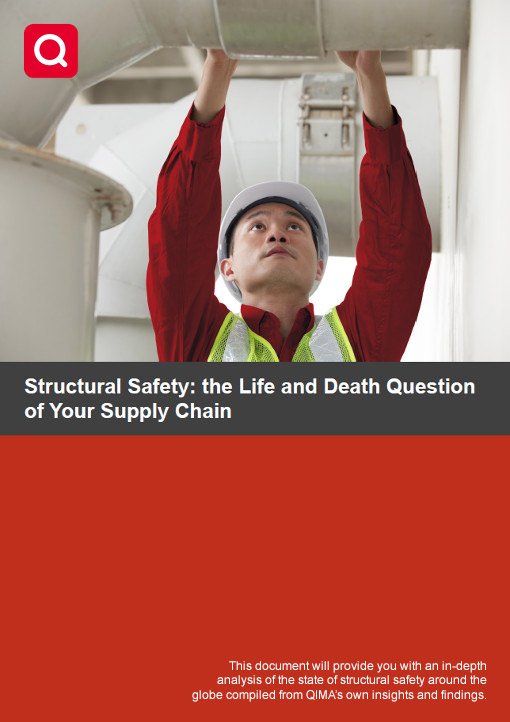
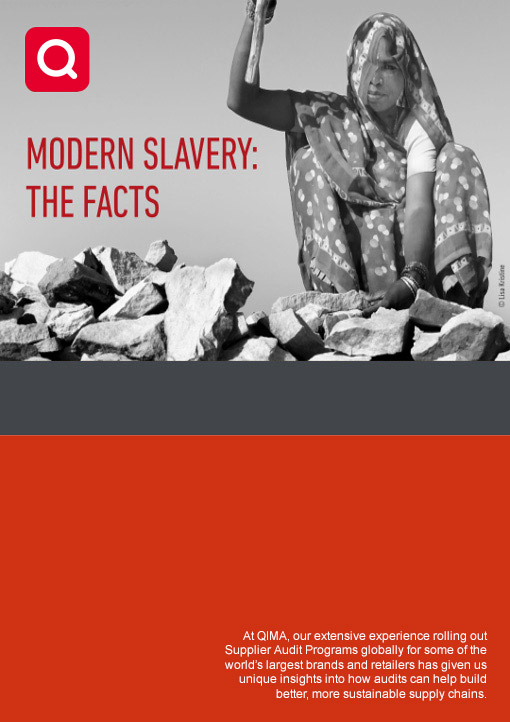
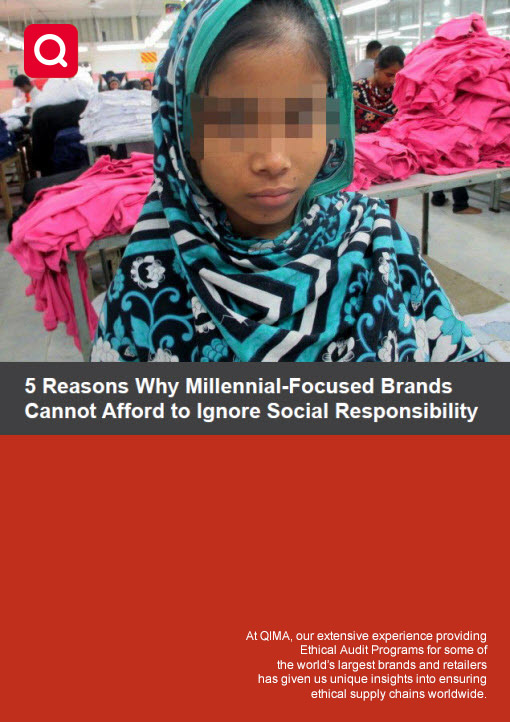
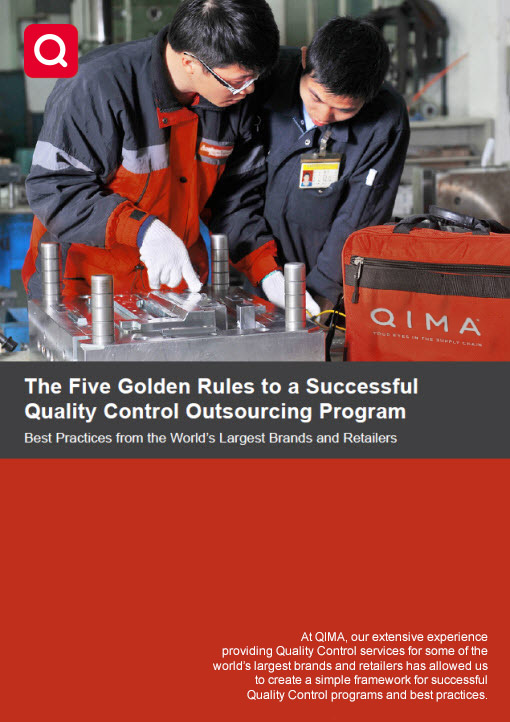
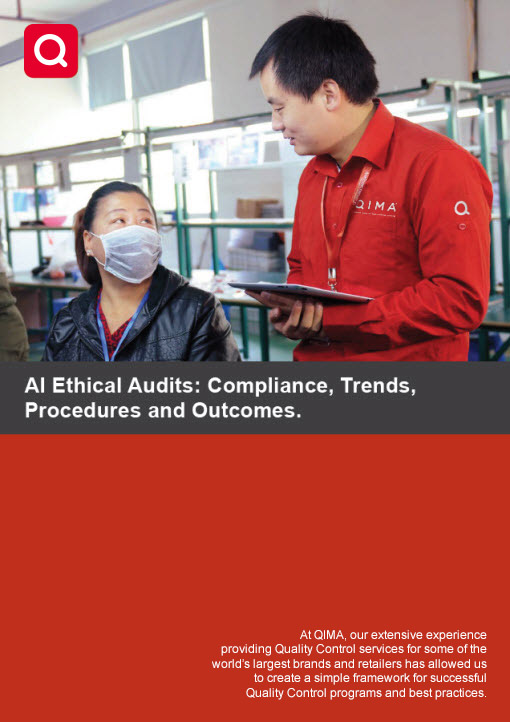
Hai bisogno di maggiori informazioni?
Thank you - your inquiry has been sent.
We will come back to you shortly.
Back
Pricing
Need a quote for product inspections, supplier audits, laboratory testing or certification services?
Get Started
- Controllo della Qualità sul tuo Dispositivo Mobile
- Livello di Qualità Accettabile (AQL)
- Ispezione dei Tessuti per Abbigliamento
- Controllo della Qualità in Bangladesh
- Controllo della Qualità in India
- Controllo della Qualità in Cina
- Controllo della Qualità in Vietnam
- Sicurezza Alimentare
- FBA Inspections
- Analisi Metalli Pesanti
- Conformità RoHS
- Sicurezza dei Prodotti di Consumo
- Normativa REACH
- Analisi degli Ftalati
- Consigli per la Sicurezza dei Giocattoli
- Test di Sicurezza dei Giocattoli ASTM F963
- Conformità CA Proposition 65
- QCA Programma Test Membri
- QIMA Decision Rule
- Lab Testing Complaint Handling
| Questo sito è protetto dalle normative in materia di diritto d'autore e di diritto dei marchi commerciali, sulla base della legislazione USA ed internazionale. |
| QIMA © 2024 |
|
ClientID:; Client:; Affiliate:;
|
 Vedi una Demo
Vedi una Demo
